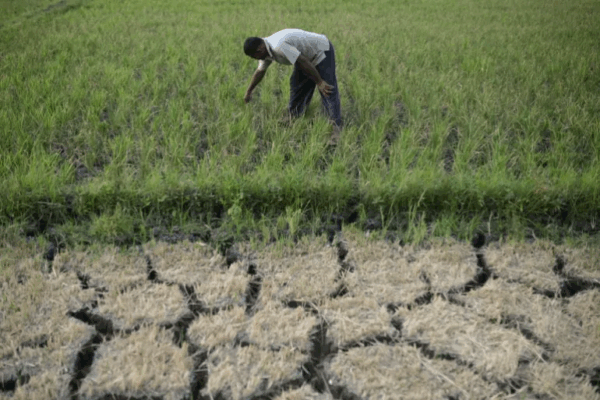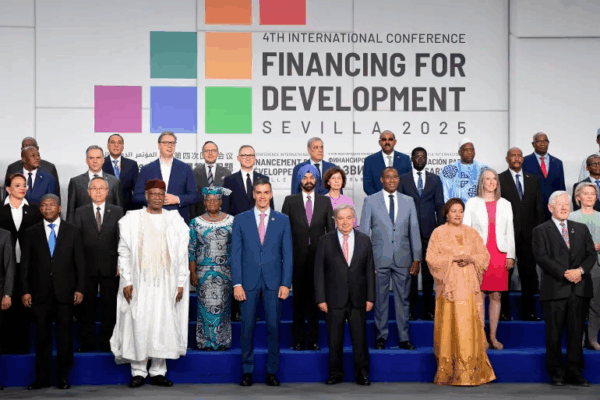
Climate Crisis Fuels Global Food Price Surge, Scientists Warn
Extreme weather events driven by climate change are causing sharp increases in food prices worldwide, according to a new report released on Monday by six European research organizations in collaboration with the European Central Bank. The report highlights how heatwaves, floods, and droughts have disrupted agricultural production since 2022, triggering steep price hikes for staples like rice, corn, coffee, cocoa, potatoes, and lettuce. Among the most dramatic examples cited is a 280 percent surge in global cocoa prices in April 2024 after a heatwave in Ghana and Ivory Coast, and a 300 percent spike in Australian lettuce prices following severe floods in 2022. Similarly, cabbage prices in South Korea rose by 70 percent in September 2024 due to extreme heat, while rice prices in Japan jumped 48 percent during the same period. The report also links droughts to major price increases, including a 55 percent hike in global coffee prices in 2024 after a prolonged 2023 drought in Brazil. Ethiopia saw overall food prices soar by 40 percent in 2023, following drought conditions in 2022. “Until we get to net zero emissions, extreme weather will only get worse, but it’s already damaging crops and pushing up the price of food all over the world,” said Maximillian Kotz, the lead author from the Barcelona Supercomputing Center. The analysis underscores that rising food prices are one of the most visible effects of climate change, second only to extreme heat itself. Low-income households are hit the hardest, as food costs consume a significant share of their income. In the UK, climate-linked weather disruptions added an estimated £360 ($482) to the average household food bill between 2022 and 2023, said Amber Sawyer of the Energy and Climate Intelligence Unit (ECIU). England recorded its second-worst arable harvest on record in 2023 due to intense rainfall exacerbated by climate change. The report was released ahead of the United Nations Food Systems Summit, scheduled for July 27–29 in Addis Ababa, Ethiopia. It comes as global leaders face increasing pressure to meet emissions reduction targets under the UN Framework Convention on Climate Change (UNFCCC), which currently fall short of the cuts needed to keep global temperature rise below the 1.5°C limit set by the Paris Agreement. On Wednesday, the International Court of Justice (ICJ) is expected to issue a historic advisory opinion on states’ legal obligations to combat climate change, a case spearheaded by Vanuatu and supported by many Global South nations.


